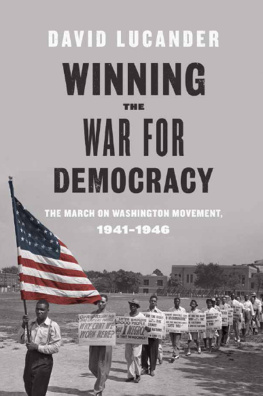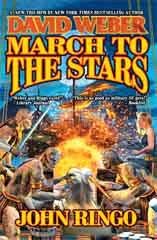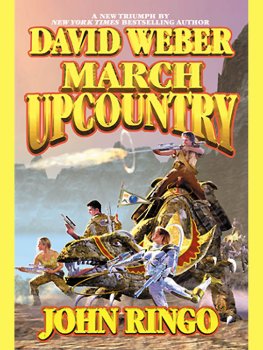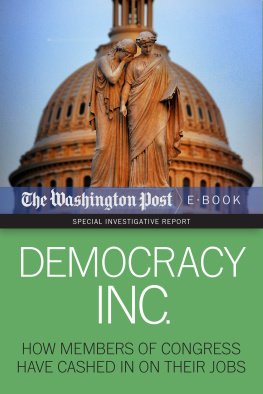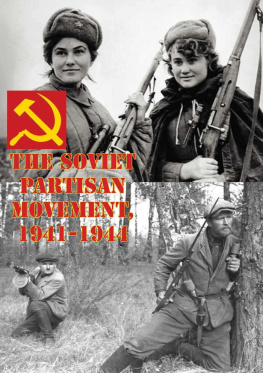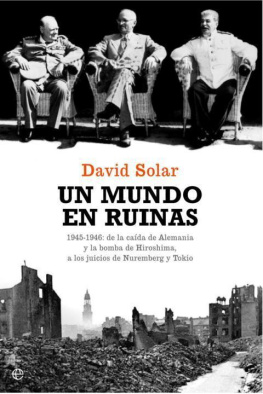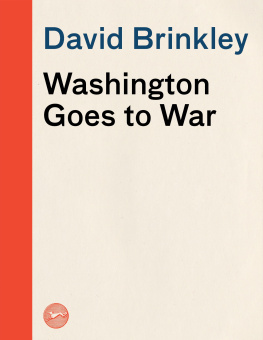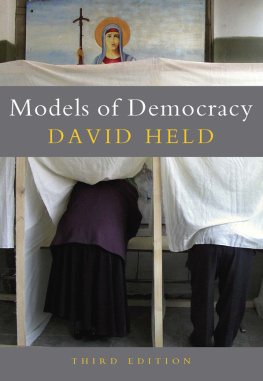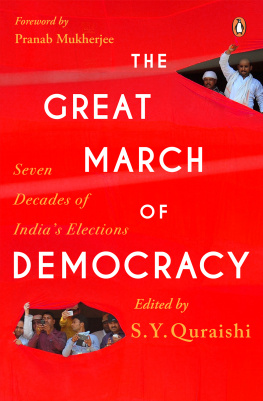2014 by the Board of Trustees
of the University of Illinois
All rights reserved
Manufactured in the United States of America
C 5 4 3 2 1

This book is printed on acid-free paper.
Library of Congress Cataloging-in-Publication Data
Lucander, David, 1980
Winning the war for democracy : the March on Washington Movement, 19411946 / David Lucander.
pages cm
Includes bibliographical references and index.
ISBN 978-0-252-03862-4 (hardback : acid-free paper) ISBN 978-0-252-09655-6 (e-book)
1. African AmericansCivil rightsHistory20th century. 2. March on Washington Movement (Organization) 3. Randolph, A. Philip (Asa Philip), 18891979. 4. United States. Committee on Fair Employment Practice. 5. Civil rights movementsUnited StatesHistory20th century. 6. African AmericansEmploymentHistory20th century. 7. African AmericansEconomic conditions20th century. 8. United StatesRace relationsHistory20th century. I. Title.
E185.61.l814 2014
3232.1196'073dc23 2014007759
Acknowledgments
A s any author quickly learns, writing is both a solitary pursuit and a collective effort. No matter the conditions, it is sometimes tedious and always time-consuming. I am grateful for the support that institutions, colleagues, friends, and family have given this project. This list is far from comprehensive, and I apologize to anyone who was unintentionally left off or forgotten. I am blessed that so many have helped along the way that it is inevitable someone has been overlooked.
This book began as a seminar paper written while a graduate student in the W. E. B. Du Bois Department of Afro-American Studies at the University of MassachusettsAmherst. My six years in the program were rewarding and inspiring thanks largely to John Bracey, James Smethurst, Ernest Allen, Bill Strickland, Amilcar Shabazz, Ekwueme Michael Thelwell, Esther Terry, Manisha Sinha, Steven Tracy, and Trisha Loveland. The New Africa House was an amazing place to learn, and I am just now beginning to appreciate how extraordinary it was to work with so many smart people who would freely share their time. I am especially thankful to John and Jim for coaxing me to keep researching and writing even though I'd rather be in the classroom with students.
Larin McLaughlin looked at my unwieldy dissertation and somehow saw a readable book fit for publication with the University of Illinois Press. I became more impressed with her faith in this project every time I composed a new draft and looked back at what was previously on the page. Tad Ringo and Dawn Durante handled all the little questions about manuscript preparation and production, and neither of them has taken more than an hour to write back. Annette Wenda's sharp editorial eye made this a better written book, Susan Cohen lent her expert eye to the index, Gale Latkovic helped with digitizing photos, and Javvon Johnson saved the manuscript when I nearly lost it during a computer meltdown.
I am extremely fortunate to have landed at a place like Rockland Community College so early in my career. Lynn Aaron, Joan Asch, Maureen Brown, Bruce Delfini, Collette Fournier, Jeanne Howell, Andrew Jacobs, Reamy Jansen, Sarah Levy, Diane Mena, Elaine Padilla, Nancy Pietroforte, Joseph M. Pirone, Martha Rottman, Deborah Vinecour, Kim Weston, and Nathaniel Williams have shared their enthusiasm for the profession, found scarce resources, and helped me evolve as a teacher. As my office mate and steadfast colleague, Christina Roukis-Stern has read several drafts of this manuscript and listened to innumerable rants about obscure historical topics in African American history that would seem arcane to most other medievalists. She certainly deserves special commendation. President Cliff Wood and the Rockland Community College Foundation provided a generous subvention to defray the costs of permissions and photographic reproductions.
Many scholars have given formal remarks on sections of this book, shared insights at conferences, freely answered correspondence, and kept me motivated to complete this work. Andrew Kersten and Clarence Lang must be mentioned first because they read many drafts along the way and spent hours on the phone talking at length about historiography and the process of writing. I've also been helped along the way by Shawn Leigh Alexander, Eric Arnesen, Alfred Brophy, Cornelius Bynum, Bettye Collier-Thomas, John Kyle Day, Thomas Edge, Rosemary Fuerer, Erik S. Gellman, David Goldberg, Dayo Gore, Debra Foster Greene, Richard Grupenhoff, Christopher P. Lehman, Sheila Lloyd, Charles Lumpkins, Waldo Martin, Allia Abdullah Matta, Gregory Mixon, Earnest L. Perry Jr., Kimberley Phillips, Carlos Rodriguez, Patricia Sullivan, Jeanne Theoharis, Chris Tinson, and John White.
A number of archivists and librarians lent their talents simply by doing their jobs so expertly. The late Andre Elizee at the Schomburg Center for Research in Black Culture pointed me toward underutilized manuscript sources in the cool way that only he could do, Virginia Lewick helped me navigate the voluminous holdings at the Franklin D. Roosevelt Presidential Library, Lewis Wyman at the Library of Congress secured many files and expertly handled queries, Nancy McIlvaney at the State Historical Society of Missouri was instrumental in getting permissions for many of the photos in this book, and Isabel Espinal at the University of Massachusetts located countless reels of microfilm. Laura Garfinkel graciously shared her father's files, and a portion of the proceeds from this publication will be donated in his memory to the Herbert Garfinkel Memorial Endowment for Citizenship and Democracy at James Madison College.
I owe a special debt to Kamal Ali, Joan E. Fuller, John Benvenuto, and Mara Dodge at Westfield State University. The Urban Education Program gave me a chance to be a student, and I'd probably be working on my eighth major if I never took Mara's class and discovered the joy of history.
Institutional support for this project came from the Center for Excellence in Teaching and Learning at Rockland Community College, a grant from the Gilder Lehrman Institute of American History allowed time to research at the Schomburg, and the McNair Graduate Opportunity Program at the University of New Hampshire gave vital support early on. The Textbook Author's Association was a generous underwriter of the index. A National Endowment for the Humanities seminar hosted by the W. E. B. Du Bois Institute at Harvard University was immensely rewarding.
Many friends and family have made life as pleasant as it could be while spending nights and weekends researching and writing. My parents, Joyce and Nils, have encouraged me throughout, and my in-laws, the Wieczoreks, provided good company. Teresa Pfeifer taught me the joy of literacy. Burt (Debra) Ames welcomed me into her house, the Leverett Writer's Retreat, and had an intuitive sense as to whether I needed a strong coffee or a stronger drink. Fellow academics Larry Hamilton and Brad Parry amused me with their ability to discuss pedantic faculty senate machinations and esoteric journal articles while rock climbing. My fellow rangers at Mohonk Preserve always had such great stories about life and adventure, I hope that I write history the way that you guys tell it. Bob Hastings, Andrew Marshall, Criss Steiner, Edson Stewart, and Dave Weatherwax have given me good reasons to take respite from workyou fellas are great. My wife, Ursula, must be recognized. Despite having little interest in the subject, she read this manuscript more times than anyone should and has been supportive of this project through every step of the way; writing this book would have been unimaginable without her.
 This book is printed on acid-free paper.
This book is printed on acid-free paper.
